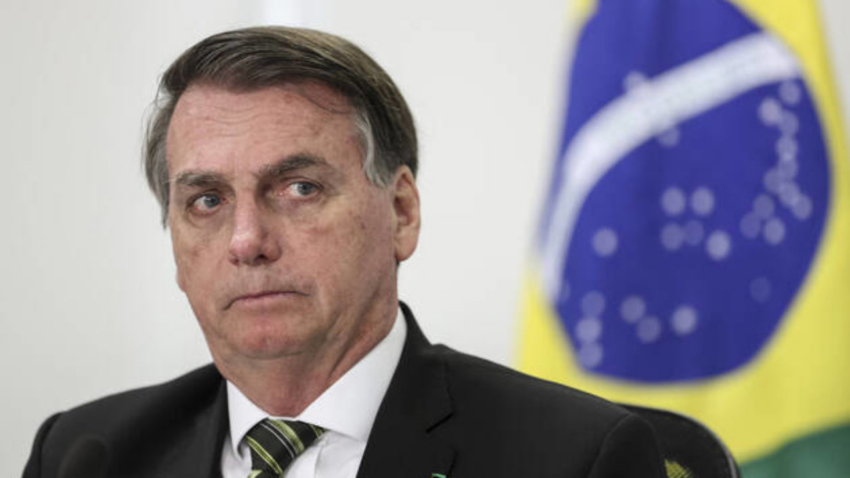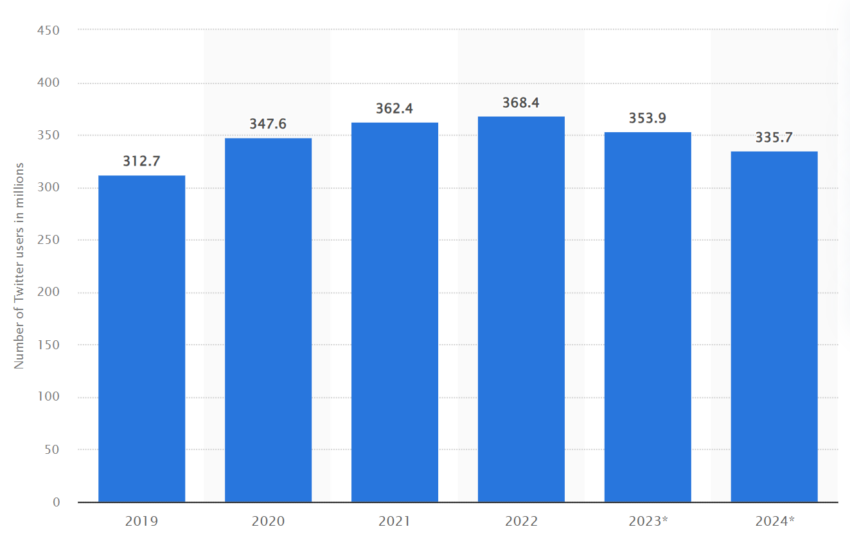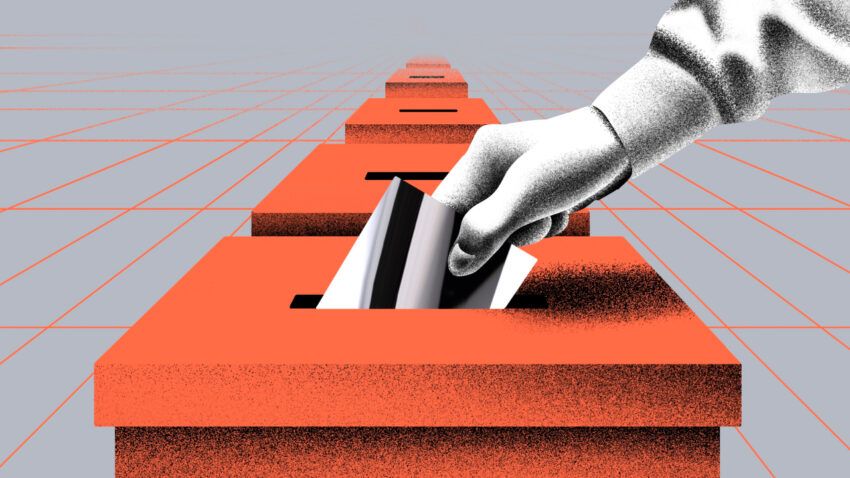Blockchain can help ensure a fairer, more transparent, more inclusive democratic process. At least that’s the view of Jake Yocom-Piatt, co-founder and project lead of Decred. BeInCrypto spoke to Yocom-Piatt about how Decred aims to promote election integrity, combat lies, and expand the potential for decentralized social media.
How do we know something we see online is real? How do we know it happened, or when? Who is influencing whom? In the digital world of 2023, these are existential questions. Decred, an open-source blockchain, has been working on timestamping and blockchain voting solutions. While probably best well-known for its $DCR cryptocurrency, Decred’s innovations in the public realm have arguably left a deeper mark.
Verifying Donations and Policy Platforms on the Blockchain
In 2020, Decred’s blockchain was used to timestamp and record donations for Brazil’s municipal elections, when electors chose mayors, vice-mayors, and city councilors in all 5,568 cities of the country.
Every blockchain can be understood as a timestamping system for transactions within it, Yocom-Piatt said. Not everyone gets this, but the implications for data verification are immense. He elaborated on the technical aspects:
“It is possible to timestamp data by proxy using a blockchain, where you insert a file hash into a transaction on the blockchain in question. Proof that data existed on or before a given date is generated as a merkle path to a single hash value anchored on-chain every hour.”
The timestamping of millions of documents with each such anchor is not hard to bring off. Hence Decred can offer the service free of charge, explained Yocom-Piatt.
For candidates, blockchain can make donations more public and transparent. A total of 11 mayoral candidates chose to track their campaign donations via the Decred’s partner, the Voto Legal platform, including two candidates for mayor of São Paulo, Bruno Covas and Guilherme Boulos.

In Brazil’s 2022 presidential race, blockchain again served as a tool to counter misinformation. A given party could verify its slate of policies and positions, in a manner hard for bad actors to mimic, Yocom-Piatt explained.
“In the run-up to the elections, candidate plans had been modified to spread misinformation, so a party turned to blockchain, so people could independently verify the authenticity of its manifestos,” said Yocom-Piatt.
Learn more about the most famous decentralized microblogging platform: Mastodon: What To Know About the Decentralized Twitter Alternative
Can Decentralized Social Media Save Democracy?
Perhaps Yocom-Piatt and the Decred team are on to something. One thing the digital world does very well is obscure rather than illuminate.
In Web2, and with the advances of AI, it can be impossible to know whom you’re talking to. You could be reading the thoughts and opinions of a bot, Russian sockpuppet account, or a real person.
In crypto world, this can manifest as astroturfed support for a token or coin, creating a false impression of grassroots enthusiasm. But in the world of politics, where the stakes are higher, Yocom-Piatt believes blockchain-based social media platforms can have a positive impact on elections themselves.
“By removing centralized control and placing power in the hands of users, these platforms foster transparency, fairness, and inclusivity. They allow for diverse voices and perspectives to be heard, reducing the influence of traditional gatekeepers,” he said.
Decentralized platforms that use self-sovereign and verified identity can go a step further. Governments in the United States, United Kingdom, and elsewhere have tried to implement mandatory digital ID verification in various forms. Usually to combat minors’ access to pornography and tackle “online hate.”
But a decentralized version, that uses zero-knowledge proofs (ZKP), to prove you know something without revealing any actual private information about it, could put coordinated misinformation in the dustbin of history. As Yocom-Piatt explained:
“Decentralized platforms can also mitigate the spread of misinformation and manipulation by implementing robust verification mechanisms and user-driven fact-checking processes. Through increased privacy and data ownership, decentralized social media platforms empower individuals to make informed decisions while protecting their personal information.”
Decred Launched Bison Relay last year
Decred offers a solution, albeit largely untested. Last December, the company launched its own social media network with data sovereignty and ZKPs built in.
Yocom-Piatt described Bison Relay as a “secure, private, censorship-resistant social media and messaging platform.”

But just because a fitting solution is ready and waiting, that doesn’t guarantee overnight success. Less tech-savvy users might have a hard time figuring out how decentralized platforms work.
So far, more established platforms like Lens and Mastodon have barely made any impact on the wider public consciousness. Despite Elon Musk’s slow incineration of what used to be called Twitter, its users still number in the hundreds of millions.
One thing is clear. If the current crop of social media giants doesn’t offer solutions, others like Decred are happy to step in.
Disclaimer
In adherence to the Trust Project guidelines, BeInCrypto is committed to unbiased, transparent reporting. This news article aims to provide accurate, timely information. However, readers are advised to verify facts independently and consult with a professional before making any decisions based on this content. Please note that our Terms and Conditions, Privacy Policy, and Disclaimers have been updated.

